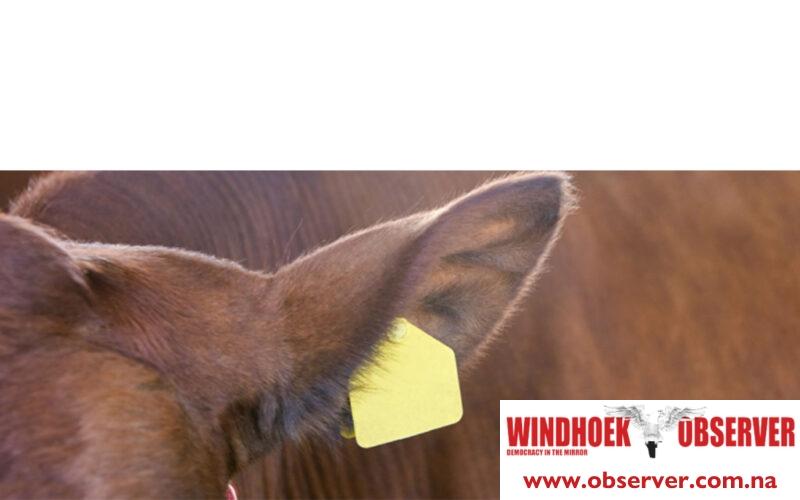Chamwe Kaira
The Livestock and Livestock Products Board of Namibia (LLPBN) has announced an increase in the selling price of livestock ear tags, effective 1 November 2025.
The board said the adjustment follows rising supply costs affecting the production and procurement of ear tags.
The new prices are as follows: Bovine Standard Size Ear Tag at N$28.15, Bovine Large Size Ear Tag at N$29.50, Bovine Ear Tag NCA at N$28.15, and Small Stock RSA Export Tag at N$5.45.
The LLPBN has also introduced ALLFLEX ear tags for cattle producers, giving farmers an alternative supplier. The ALLFLEX tags are priced at N$33.50 for the standard size and N$37.50 for the large size.
The price increase comes as cattle marketing in Namibia dropped by 45.23% in August 2025 compared to the same month in 2024. The number of cattle marketed fell from 35,779 in August 2024 to 19,595 this year.
Live exports declined by 51.27%, with South Africa remaining the main destination, accounting for 98.5% of total exports. The LLPBN said the drop was due to weaker regional demand and lower domestic supply for export markets.
Weaner auction prices rose by 26.07%, from N$24.01/kg in August 2024 to N$30.27/kg in August 2025. On a monthly basis, prices increased by 1.03% and are expected to edge slightly higher to N$30.32/kg in September.
The board said the weaner-to-B2 price ratio stood at 42% in August, well below the 64% benchmark used to measure profitability between weaner and slaughter prices.
Yellow maize prices in South Africa fell by 8.01%, from N$4,186.83/t in July to N$3,851.65/t in August 2025. The LLPBN said lower feed costs may benefit local producers, but gains could be limited by weaker export prices and reduced cattle marketing volumes.
According to Namibia Agricultural Union analyst Leigh-Ann Nehoya, cattle prices in major global markets increased in the first half of 2025 compared to the same period in 2024. In Namibia, A2 and B2 cattle prices rose from about N$59.24/kg and N$58.18/kg in 2024 to around N$65.00/kg for both categories in 2025.
Nehoya said global beef prices are being driven by tighter supply. In the United States, the cattle herd has dropped to its lowest level since the 1950s due to drought and high feed costs. In the European Union, beef production is expected to fall by 1.3% in 2025 to 6.73 million tonnes because of a shrinking breeding herd.
Trade conditions have also shaped the market. Nehoya noted that US exports to China have declined sharply due to retaliatory tariffs and plant approval delays, while South African prices have increased.
Namibian beef exports fell from 10,968 tonnes in the first half of 2024 to 5,461 tonnes in 2025, with notable declines to South Africa, the United Kingdom, and China.




